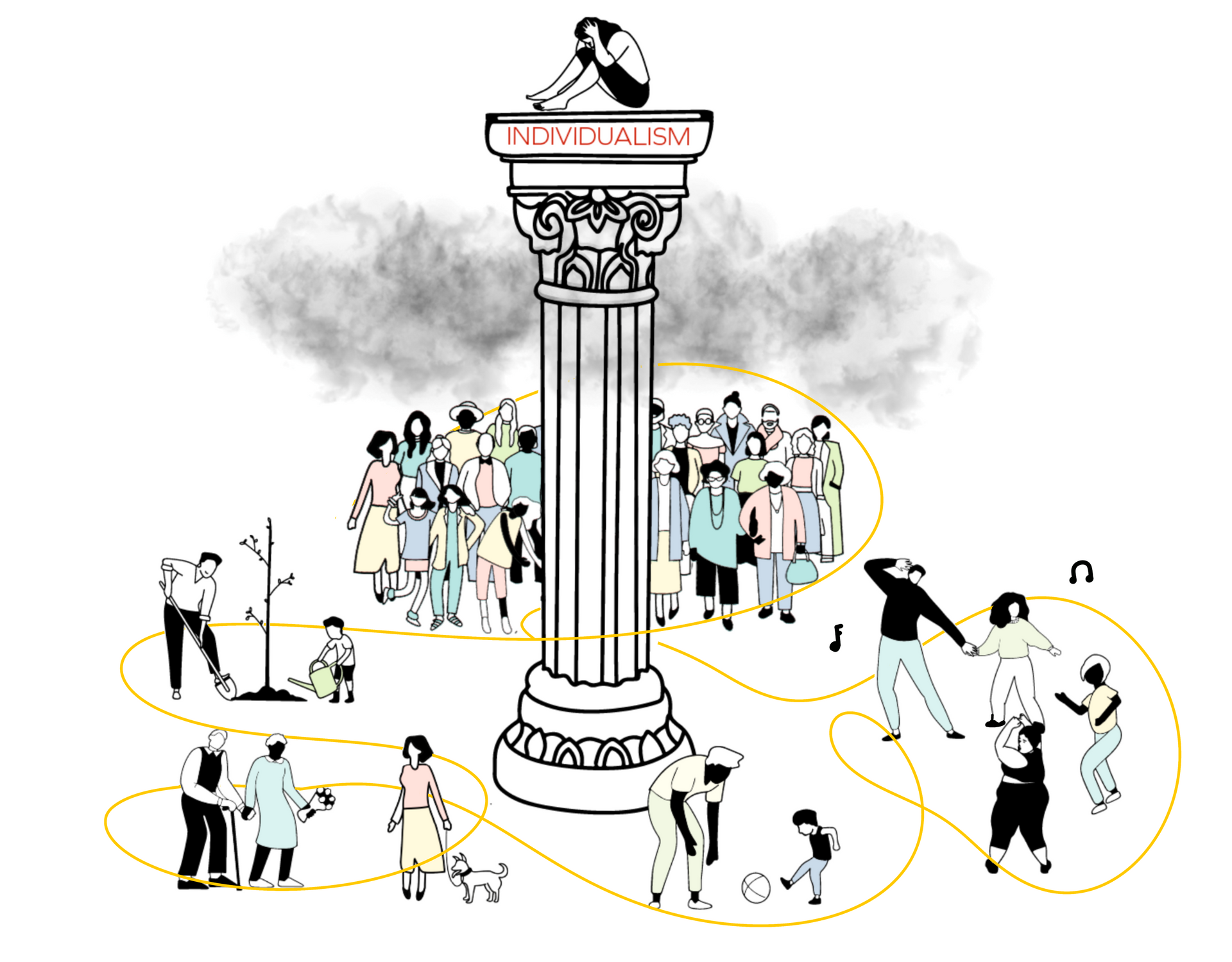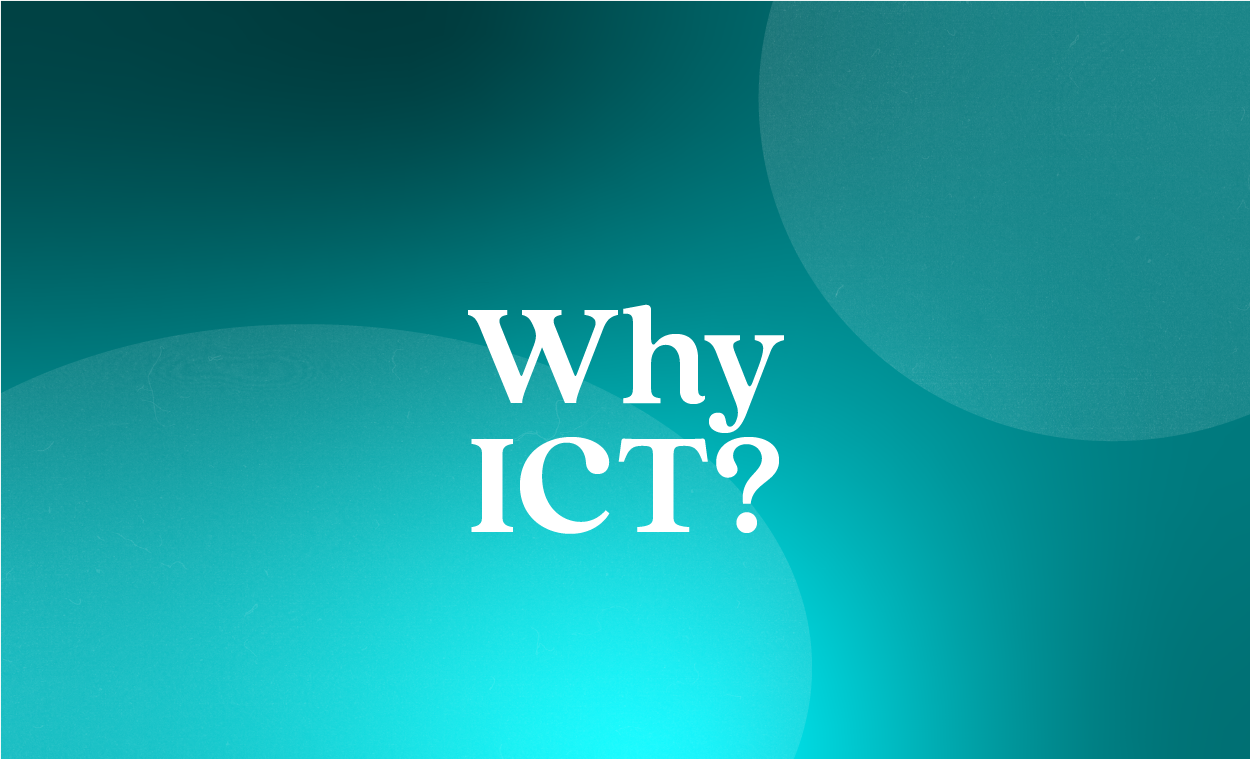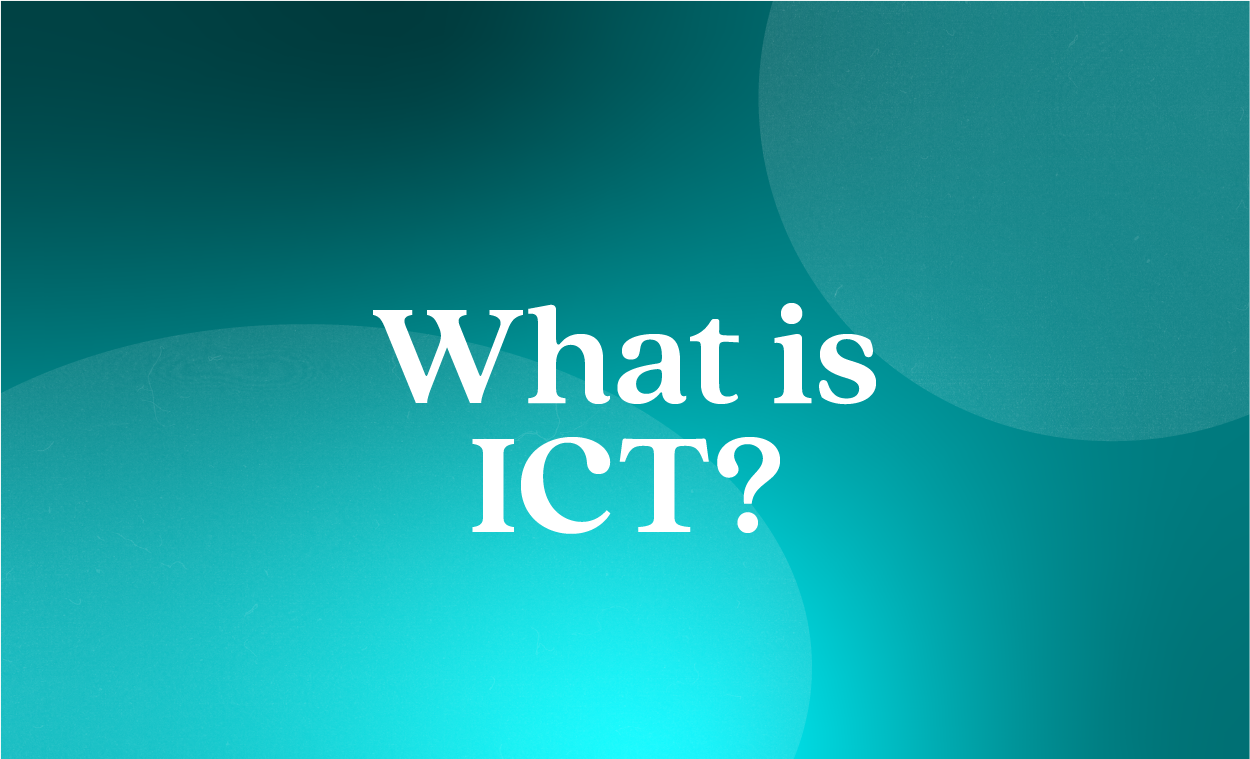The Lost Art of Community

Reviving the Lost Art of Community: Why it's Necessary to Rediscover the Power of Togetherness
The power of togetherness is an asset that can change the way we navigate life’s challenges, victories and everything in between
Mastering Community as an Art for the Benefit of All Humankind
Community is an art form that has been mastered by many cultures around the world. There’s something powerful about neighbors coming together to support one another financially, emotionally, and physically. Western culture has moved away from relying on those around us to help meet our needs, and it’s killing us. Many cultures around the world have not only maintained the integrity and art of community, but are thriving because of it.
The Samburu people of Kenya have maintained a deep sense of tradition and respect for their elders. Living in groups of five to eight families in temporary huts, the people move from pasture to pasture every few weeks, chasing after ideal weather and land to maintain their farming livelihood. The families of the small villages work together to take care of their livestock, homes and each other in various ways. They rely on their community members for a great deal of support in day to day life. Without it, their nomadic lifestyle would cause families and the community to crumble. ("Country Technical Note on Indigenous Peoples’ Issues: Republic of Kenya")
The Maori community in New Zealand is another example of people whose unique cultural identity is founded on a strong sense of community. The Maori people place a strong emphasis on "whānau," which translates loosely to ‘extended family’. Whānau means that multi-generational families come together to support each other in all aspects of life, and maintain a deep connection to their land and ancestors. The whānau are sometimes related by blood, but the idea extends to include neighbors and friends as well. Their devotion to unity, the passing down of generational wisdom and knowledge, combined with their shared values empower the community to thrive. (Tai Walker, “Whānau – Māori and family - Contemporary understandings of whānau”)
Take a look at Bhutan for another example of community-focused culture to be emulated. The Bhutanese people believe in the concept of Gross National Happiness, which places importance on the well-being of the community rather than economic growth. Not only do the Bhutanese people make their own decisions based on the GNH, but all governmental and economic decisions are made with it in mind, too. Can you imagine the incredible ramifications that this idea could have on a country? It’s no wonder this ideology has inspired communities worldwide. The focus on the well-being of all its community members, their value for culture and tradition, and their powerful sense of community are what make these people a force to be reckoned with. (Oxford Poverty & Human Development Initiative (OPHI))
These communities have forged an unbreakable bond, strengthened by their shared values and beliefs, empowering them to fearlessly confront the obstacles of modern life. Through the philosophies of whānau and the Gross National Happiness, the communities continue to value the greater good of the community as a whole. It’s a stark contrast from the individualism valued in the United States, and it begs the question; why are we as a nation so focused on individualism, and is it leading to our demise?
With Individualism on a Pedestal, Americans are Dying
Individualism has long been one of America’s most valued traits, and it’s killing us. With suicide rates skyrocketing and mental health systems at capacity, we can no longer put individualist ideals on a pedestal without continuing to see the mental wellness of our society plummet. Is it brave or courageous to go through life shouldering the difficulties of issues such as poverty, divorce and childbirth alone? Why have we as a society placed so much value on being independent, that it even applies to facing hardships and issues that adversely affect our mental health in solitude?
Rediscovering the lost art of community will change our lives, communities and disrupt the worsening mental health emergency. The first step in creating a strong community is engaging with those who live, work and worship around us. Engagement can show up in a variety of ways, and things such as hosting a block party, organizing a neighborhood garage sale, or creating a list of contact information for the neighbors on your street are a great start. But in order to truly foster a sense of community that lasts, it's imperative to build trust with your community members.
So how is trust built, exactly? There are a number of aspects involved when building trust, but communication, empathy, and vulnerability are among the most important and critical.
Open and honest communication is crucial to building trust, but it isn't enough to simply speak openly and honestly. It's equally important, if not more important, to spend time actively listening to others. By listening to the people around us, we can begin to appreciate and identify their hopes, dreams and fears. In addition, people who are willing to share their feelings and emotions with others create a deeper connection that can lead to greater trust. Vulnerability can feel scary and difficult, but it's an integral part of the trust building process.Trust is also built where an immense amount of empathy lives. When you put yourself in another person's shoes and understand their perspective, you create a deep and meaningful connection and create an incredible foundation on which trust is built.
The Key to Rediscovering the Art of Togetherness is Being Used Internationally… But America Doesn’t Know it Exists
There’s a tool being used in 36 countries around the world known as Terapia Comunitária Integrativa (TCI) that has proven successful in creating and fostering the trust and healing that is necessary for communities to thrive, resulting in healthy interdependence. It utilizes the aspects of trust-building (communication, empathy and vulnerability) combined with guided conversation to create, nurture and encourage community. TCI has already touched over 2 million lives across the globe and provides equitable access to mental health support without doctors, copays, insurance, or referrals. Beyond the positive force that TCI provides in alleviating mental health symptoms, it fosters a strong sense of belonging and benefits the community in a variety of ways, including socioeconomically. TCI gives people a place to share the areas of life in which they are struggling, and draws upon other participants’ lived experiences to foster connection, trust and hope. Visible Hands Collaborative is pioneering the use of Integrative Community Therapy, inspired by Terapia Comunitária Integrativa, for the first time in the United States in order to combat the mental health emergency, strengthen communities nationwide, and help America rediscover the lost art of community in hopes that it will never be lost again.
About/sources:
"Country Technical Note on Indigenous Peoples’ Issues: Republic of Kenya." International Fund for Agricultural Development (IFAD), 1 Apr. 2012, www.ifad.org/documents/38714170/40224460/Kenya.pdf/7f70d9b6-5e5c-4628-942c-7ae749a2f262. Accessed 21 Mar. 2023.
Tai Walker, 'Whānau – Māori and family - Contemporary understandings of whānau', Te Ara - the Encyclopedia of New Zealand, http://www.TeAra.govt.nz/en/whanau-maori-and-family/page-1 (accessed 21 March 2023)
Story by Tai Walker, published 5 May 2011, updated 1 Jun 2017
Oxford Poverty & Human Development Initiative (OPHI) (n.d.). Bhutan’s Gross National Happiness Index. OPHI. Retrieved March 21, 2023, from https://ophi.org.uk/policy/gross-national-happiness-index/




